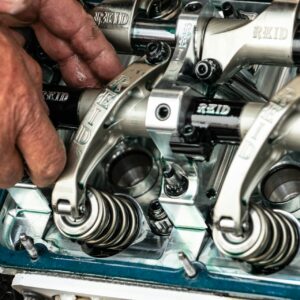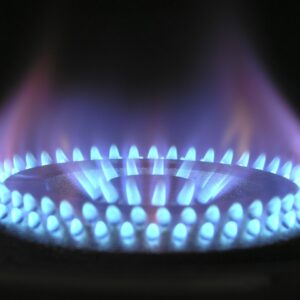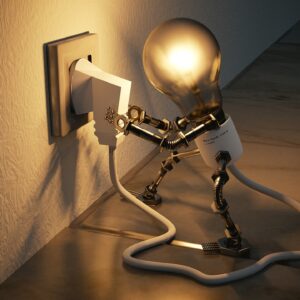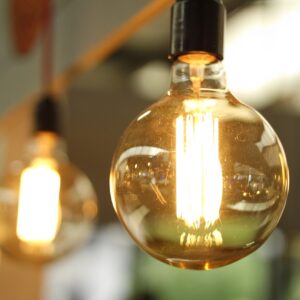Do you own power equipment, such as a lawn mower or generator? Have you ever wondered how long it will last before you need to replace it? Understanding the lifespan of power equipment is important to ensure you get the most value out of your investment.
Several factors affect the lifespan of power equipment, including usage, maintenance, and storage. By taking the time to understand these factors and implementing best practices for maintenance and storage, you can extend the lifespan of your power equipment and save money in the long run.
In this article, we’ll explore the various types of power equipment and their typical lifespans, as well as provide tips for extending the life of your equipment and signs that it’s time to replace it.
So, let’s dive in and learn more about understanding the lifespan of power equipment.
Factors Affecting the Lifespan of Power Equipment
It’s important to know what factors can affect how long your tools and machines last. Two of the most significant factors are environmental conditions and usage frequency.
The environment in which your power equipment is used plays a major role in its lifespan. Exposure to extreme temperatures, humidity, dust, and chemicals can cause significant damage to the internal components of your tools and machines. Therefore, it’s essential to protect your equipment from harsh environmental conditions and store them properly when they’re not in use.
Another factor that affects the lifespan of your power equipment is the frequency of usage. The more frequently you use your tools and machines, the more wear and tear they experience, which can lead to breakdowns and malfunctions. However, infrequent usage can also be detrimental to your equipment, as it can cause rust, corrosion, and other issues.
Regular maintenance and inspections can help to identify potential problems before they become more significant and costly to repair. Additionally, the impact of repairs and replacements on your equipment should be considered when assessing its lifespan.
Importance of Regular Maintenance
To keep your machinery running smoothly, you need to treat it like a well-loved pet, giving it regular check-ups and tune-ups to ensure it stays healthy and performs at its best.
One of the most important things you can do to extend the lifespan of your power equipment is to perform regular maintenance. This includes tasks such as changing the oil, replacing filters, inspecting belts and hoses, and checking for any signs of wear or damage. By taking the time to do these things, you can catch problems before they become serious and avoid costly repairs down the road.
Performing DIY maintenance can also save you money in the long run. While hiring a professional may seem like the easier option, it can also be expensive. By learning how to perform basic maintenance tasks yourself, you can save money on labor costs and keep your equipment in top shape.
Additionally, performing regular maintenance can help your equipment run more efficiently, which can save you money on fuel costs and extend the lifespan of your machinery.
Don’t neglect your power equipment – take the time to perform regular maintenance and enjoy the benefits of a longer lifespan and better performance.
Types of Power Equipment and Their Lifespan
You’ll learn about the different types of machinery and how long they typically last, so you can make informed decisions about your maintenance schedule. Common types of power equipment include generators, lawn mowers, pressure washers, and chainsaws.
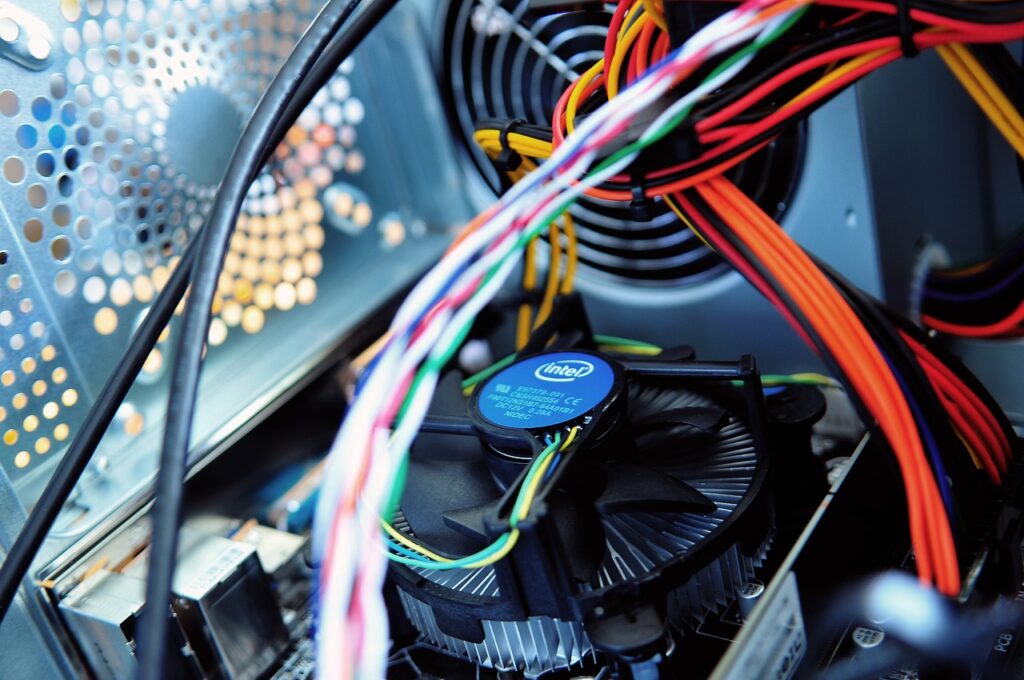
Each of these machines has a different lifespan depending on usage and maintenance. Generators can last anywhere from 10 to 30 years with proper maintenance, while lawn mowers typically have a lifespan of 8 to 10 years. Pressure washers can last around 5 years with regular use, and chainsaws can last up to 15 years if properly cared for.
When it comes to cost-effective options, it’s important to consider the lifespan of the equipment before purchasing. Buying a cheaper machine that will need to be replaced sooner may end up costing more in the long run.
By understanding the lifespan of different types of power equipment, you can make informed decisions about which machines to invest in and how often to perform maintenance to maximize their lifespan.
Tips for Extending the Lifespan of Power Equipment
If you want to get the most out of your machinery, make sure to follow these easy tips for extending the life of your power tools.
Firstly, proper storage and cleaning are essential to keep your equipment in good condition. Store your power tools in a dry and cool place, away from direct sunlight and moisture. Clean them regularly after use to prevent dust and debris from accumulating, which can cause damage to the internal parts.
Secondly, usage frequency and workload are also important factors to consider. Overusing your power tools can lead to wear and tear, reducing their lifespan. Make sure to use them only for their intended purposes and avoid using them for tasks that they’re not designed for. Additionally, it’s important to give your power tools some rest in between use to prevent overheating.
By following these tips, you can extend the lifespan of your power equipment and save money in the long run.
Signs it’s Time to Replace Your Power Equipment
When your machinery starts to exhibit signs like strange noises, reduced performance, and frequent breakdowns, it’s time to consider replacing it before it leads to costly damages. These signs are common malfunctions that occur when power equipment nears the end of its lifespan.
Ignoring these warning signs can lead to safety concerns, as the equipment may become unstable and pose a hazard to operators. Replacing power equipment may seem costly, but it’s important to consider the long-term benefits.
New equipment is more efficient, reliable, and safe, which can save you money and time in the long run. In addition, replacing your equipment can improve productivity, as new machinery can handle larger volumes of work and require less maintenance.
Don’t wait until your power equipment breaks down completely. Keep an eye out for warning signs and replace your equipment when necessary to ensure the safety of your operators and the longevity of your business.
Frequently Asked Questions
How do different weather conditions affect the lifespan of power equipment?
When it comes to your power equipment, extreme temperatures and humidity can have a significant impact on its lifespan. High temperatures can cause components to expand and contract, leading to damage over time.
Humidity can also lead to corrosion and rust, causing parts to degrade faster. Additionally, natural disasters like hurricanes, tornadoes, and floods can leave your equipment exposed to water damage, debris, and electrical surges.
It’s important to take precautions to protect your equipment during these events, such as storing it in a secure location or investing in weather-resistant covers. By addressing these factors, you can help extend the longevity of your power equipment and ensure it continues to function properly for years to come.
Can using the wrong fuel or oil shorten the lifespan of power equipment?
You’re revving up your power equipment, eager to tackle your latest project. But did you know that using the wrong fuel or oil could shorten its lifespan?
Fuel quality matters, as low-quality gasoline or diesel can clog your equipment’s engine and cause it to malfunction. And neglecting maintenance can lead to a buildup of sludge and debris, which can also cause damage.
So, make sure to use the right fuel and oil for your specific equipment, and stay on top of regular maintenance to keep it running smoothly for years to come.
What impact does the frequency of use have on the lifespan of power equipment?
If you use your power equipment frequently, it will naturally experience wear and tear faster than if you only use it occasionally. However, the frequency of use isn’t the only factor that affects the lifespan of your equipment.
Maintenance frequency is equally important. Regular maintenance, such as changing the oil and filters, can help extend the lifespan of your power equipment.
Additionally, the duration of each use can also impact the lifespan of your equipment. If you consistently run your equipment for long periods without giving it a break, it can overheat and cause damage.
Therefore, it’s important to both maintain your equipment and use it responsibly to ensure it lasts as long as possible.
How do power outages or electrical surges affect the lifespan of power equipment?
Imagine this scenario: you’re sitting at home, enjoying your day, when suddenly the power goes out. You wait a few minutes, hoping it’ll come back on, but it doesn’t.
Finally, after a few hours, the power comes back on and everything seems fine. However, what you may not realize is that power outages and electrical surges can have a significant impact on the lifespan of your power equipment.
This is why it’s important to have proper maintenance strategies in place to protect your equipment from voltage fluctuations. By ensuring your equipment is properly grounded and using surge protectors, you can help prevent damage and extend the lifespan of your power equipment.
Is it recommended to store power equipment indoors or outdoors to extend its lifespan?
If you want to extend the lifespan of your power equipment, it’s recommended to store it indoors rather than outdoors. This is because outdoor storage exposes the equipment to harsh weather conditions, which can cause rust and corrosion.
However, simply storing it indoors isn’t enough. Proper maintenance techniques are also crucial in keeping your equipment running smoothly. This includes regular cleaning, oiling, and replacing worn-out parts.
By taking care of your power equipment and storing it in a safe, dry place, you can ensure that it will last for years to come.
Conclusion
Congratulations! You now have a better understanding of the lifespan of power equipment. By knowing the factors that affect its longevity, you can take necessary steps to extend its lifespan. Regular maintenance is vital to ensure that your equipment is in top condition and reduce the risk of breakdowns.
Different types of power equipment have different lifespans, and it’s crucial to know the lifespan of your equipment to plan for its eventual replacement. Remember, signs of wear and tear are normal, but when they become more frequent, it may be time to consider a replacement.
Keep your power equipment in excellent shape by following the tips we’ve shared, and it’ll serve you well for years to come.
